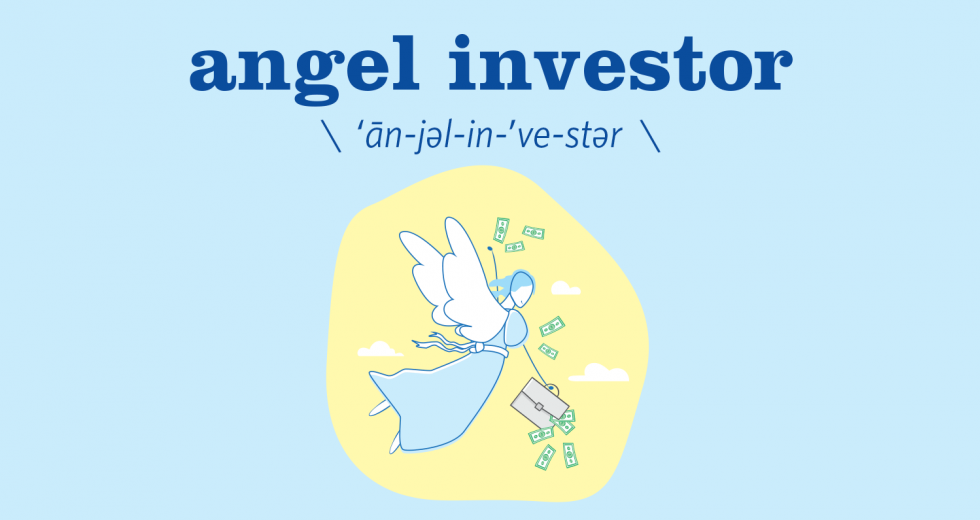If you’ve seen the TV series “Silicon Valley,” you know that investors — aside from having a propensity for ostentatious cars — can play a key role in a startup’s success. Beyond a financial contribution, they can have an affect on other facets of the business too. For better or for worse.
The term “angel investor,” or the “angel” part anyway, harks back to Broadway shows in New York in the 1970s when monied folk would swoop in to fund productions that would’ve otherwise shut down. Nowadays, it refers to an affluent person who invests in a startup.
The Buzz
Nate Fry is familiar with these business-savvy saints. Fry, founder of Sacramento-based Kalos — an app that connects travelers with like-minded locals — is courting angel investors to fund his startup and has come across some misinterpretation of the term. “Since ‘Shark Tank’ is so popular, the term gets thrown around quite a bit,” he laughs. “The idea that anybody with money is an angel investor is a loose interpretation … that would frustrate a lot of people who take it really seriously.” He says an angel investor isn’t simply a wealthy person who gifts you with money. “Your rich uncle is not an angel,” Fry says.
To the contrary, they’re likely to be discriminating with their investments. After all, it is their own money vs. funds from institutional venture capitalists, who invest other people’s money.
The Word
Because angel investors are putting up their own capital, they may get quite involved with the budding enterprise. “You work with them for 90 days, six months, maybe even a year before they cut you a check,” Fry says. “A lot of that is so they can see your growth, see what you’re doing, and how you’re utilizing your time and creating success out of thin air.”
Although embarking on an investment relationship may rely partly on a belief in the cause or a gut feeling, mostly it’s rooted in numbers and process. “Angel investors go to classes and learn the process of due diligence and business modeling in order to make a good investment decision,” Fry says.
The investor, often with a cohort of fellow investors, runs “a fresh model of the industry.” Fry explains that they’ll run data that looks at “the expectations for sales and seasonality and seeing if you come up with the same numbers that your founders did.”
Sometimes, this leads the angel investor to become an adviser. That could be a tricky predicament. “It depends on what you’re looking for from your investors,” Fry says. Some founders crave autonomy. But, Fry explains, “If you’re a startup founder who’s looking for a partner who has industry expertise and can (make recommendations) themselves, it’s super valuable.”
—
Discuss this story and others on our LinkedIn page; follow Comstock’s on LinkedIn by clicking or tapping here.
Recommended For You

Buzzwords: Silo
A part of a company that works in isolation from others, making for a culture of limited communication
Silos can be formed when making sure employees’ time is spent only on their expertise or when everyone in the company is so busy they feel they don’t have time to reach beyond their domain.

Buzzwords: Disruptor
A company, technology, good or service that is so innovative and widely adopted it disrupts an existing market
In ordinary English, “disruptor” might conjure up images of a kid acting out in class, or someone holding up traffic. Among the startup set, though, disruptor has become one of the highest compliments one can receive — or give to oneself.

Buzzwords: Talent Brand
An employer’s public-facing identity that reflects what it’s like to work at the company
Although companies may try to appear glossy and appealing on that platform, it can still be informative to gauge the company’s values, perks and just how genuine the smiles on employees’ faces may be.

Buzzwords: Design Thinking
A methodology that provides a solution-based approach to solving problems.
Various iterations of “design thinking” have come into play over the years, but the process as we currently know it consists of five steps: empathize, define, ideate, prototype and test.



